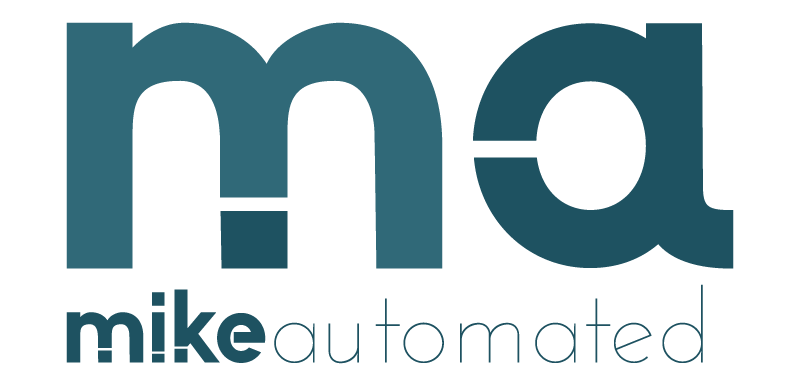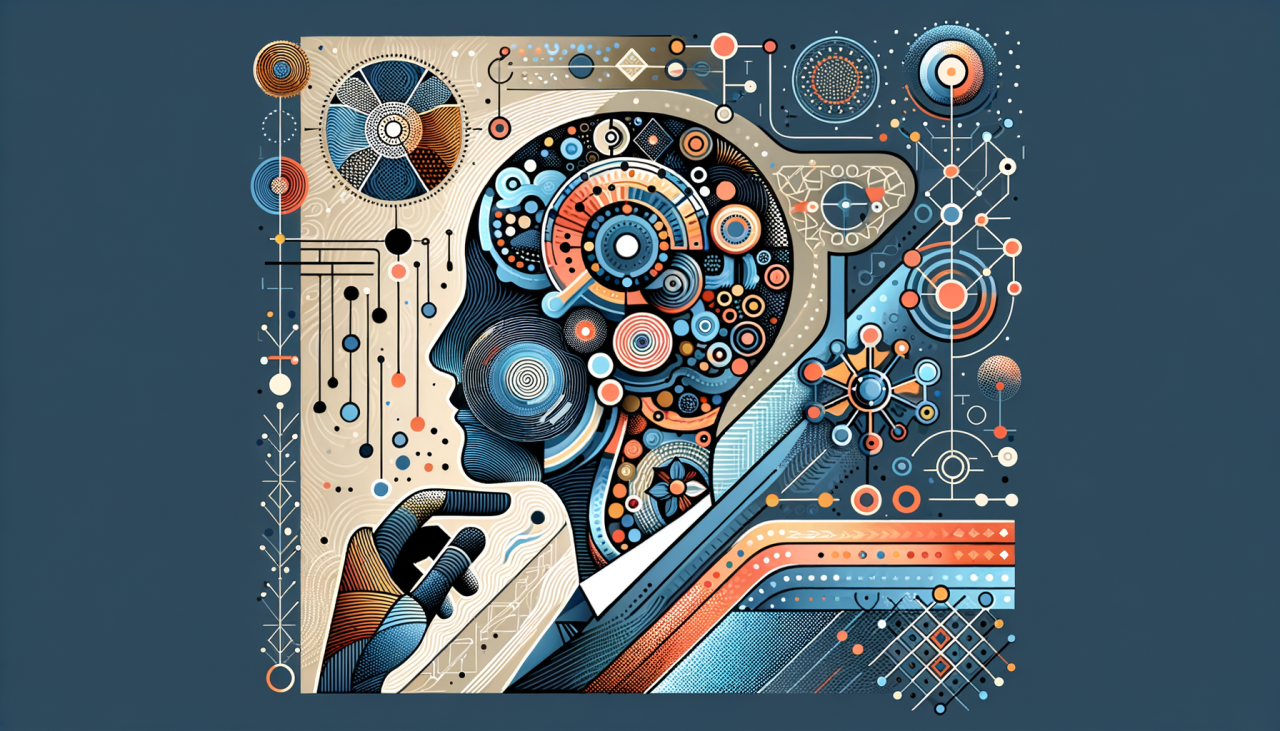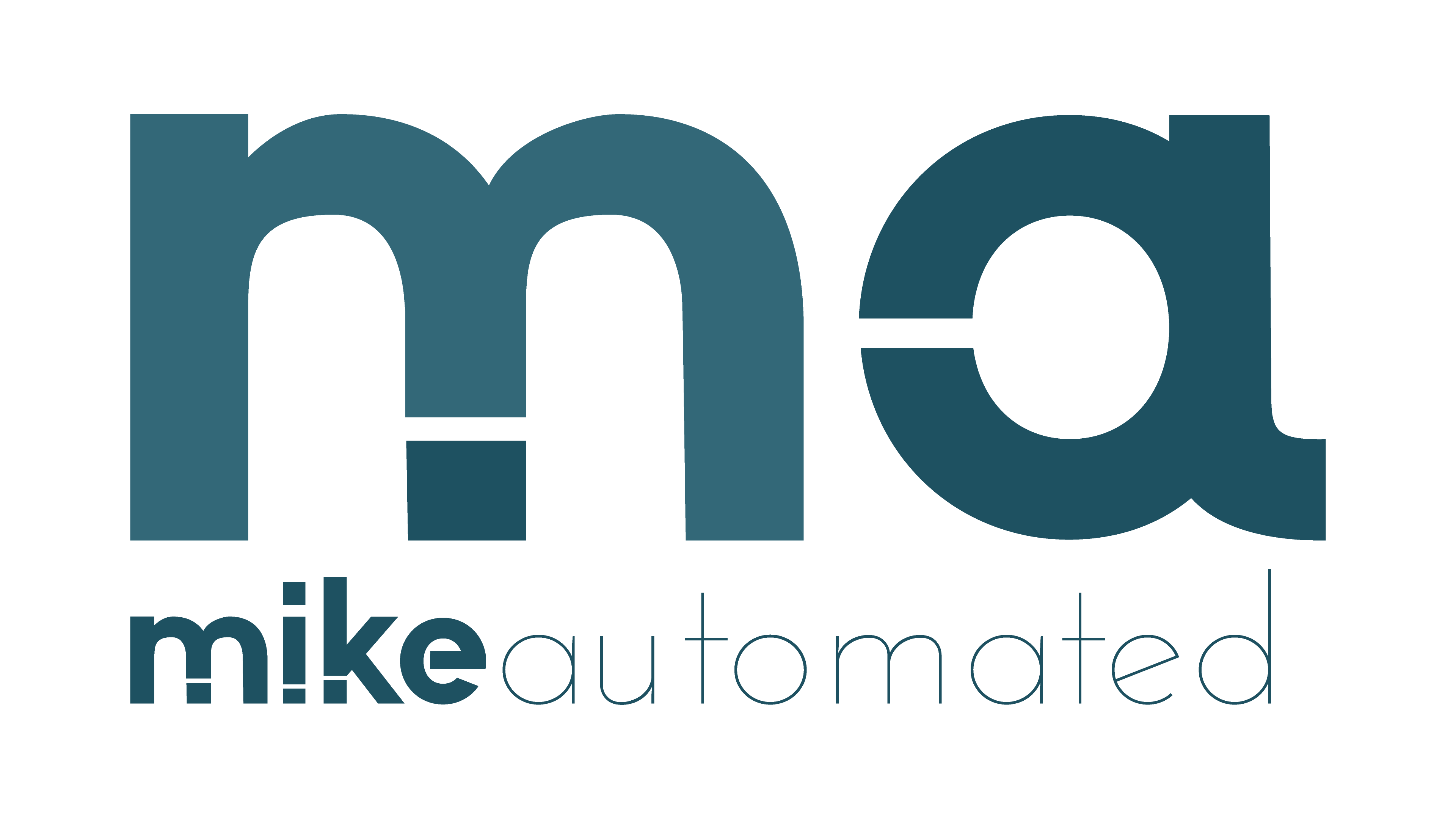TL;DR:
- AI won’t replace humans, but tasks and jobs may evolve with automation.
- AI excels in repetitive work, but struggles with creativity, empathy, and nuanced decision-making.
- History shows that new technologies create as many jobs as they displace.
- Industries must focus on reskilling workers to adapt to an AI-driven economy.
- AI is a tool, not a replacement, emphasizing collaboration over competition.
Understanding the Fear: Will AI Replace Humans in the Workforce?
The rise of artificial intelligence (AI) has sparked a wave of concern about widespread job displacement. Headlines often paint AI as a powerful force that could replace humans in virtually every profession. But is this fear justified? To understand the reality behind these concerns, it’s necessary to separate the hype from the facts. AI might change how we work, but it doesn’t inherently threaten human relevance in the workforce.AI’s Strengths and Limitations
AI is undeniably powerful in specific areas. It can analyze massive datasets, execute repetitive tasks flawlessly, and assist in complex computations. However, these strengths come with limitations. Here’s where AI excels and where it falls short:- Repetitive Tasks: AI automates repetitive or data-heavy processes such as bookkeeping, customer support chatbots, or logistics management.
- Lack of Creativity: AI cannot replicate human ingenuity. Creative tasks in art, design, strategy, or innovation demand uniquely human perspective and intuition.
- Emotional Intelligence: Jobs requiring empathy, negotiation, or interpersonal connections—teachers, therapists, or leaders—remain challenging for AI to replicate.
- Adapting to Context: Machines follow algorithms, but they frequently misunderstand complex, ambiguous problems that require deep contextual understanding.
A Historical Perspective: Technology Has Always Changed Work
The fear of job losses from new technology isn’t new. History has repeatedly demonstrated that technology disrupts jobs but also creates new opportunities:- The Industrial Revolution: Machines replaced manual labor in agriculture and manufacturing, but jobs grew in urban industries like logistics, marketing, and machinery operation.
- The Digital Era: Computers automated tasks like data entry, but spurred technological industries, creating positions in IT, software development, and digital marketing.
- Automation in the 20th Century: ATMs prompted fears about the end of bank tellers, but banks pivoted to relationship-driven services, retaining and creating roles.
Which Jobs Are Likely to Evolve or Be Replaced?
Specific sectors are undeniably more vulnerable to AI advancements. Jobs tied to routine tasks with minimal variability are typically more at risk than roles requiring innovation, social intelligence, and critical thinking:Jobs More Likely to Change Significantly
- Data-heavy Roles: Accountants, paralegals, or researchers may see parts of their workload handled through AI-driven analysis.
- Manufacturing and Logistics: Warehouses and production lines increasingly incorporate robots, reducing the need for repetitive manual labor.
- Customer Support: Entry-level customer service roles might be supplemented or replaced by AI chatbots capable of predefined troubleshooting processes.
Jobs Less Likely to Be Replaced
- Creative Roles: Writers, marketers, and innovative leaders rely on original thinking that doesn’t follow strict patterns.
- Relationship-based Positions: Fields like therapy, teaching, and consultation depend on human empathy and connection, making automation improbable.
- Complex Decision-making: Leadership roles, strategists, and scientists likely remain reliant on subjective judgment and adaptability.



